On Thursday afternoon, the social media platform TikTok censored and then completely banned the pro-life organization Live Action. It reversed the ban almost 24 hours later — after Live Action had raised a ruckus on Twitter.
“Live Action joined TikTok in 2019 as part of our ongoing efforts to reach Gen Z and Millennials with the truth about abortion and to continue to solidify our role as digital leaders in the nonprofit space,” Alison Howard Centofante, director of external affairs at Live Action, said in a statement. “Our innovative, educational videos were hugely popular and grew our following to over 21k followers, quickly making Live Action the largest pro-life voice on the platform.”
While TikTok is not as big as Facebook, it has a larger active user base than Twitter, Pinterest, Reddit, and Snapchat — and nearly as big as Instagram. Live Action joined the platform in August 2019.
Live Action shared baby videos, highlighting the illogical positions of the pro-abortion movement. At 2:30 p.m. Eastern on January 30, however, TikTok notified Live Action that it had deleted one of the group’s videos because the video had allegedly “violated community guidelines.”
The pro-life group immediately appealed the removal, and at 3 p.m. it was completely banned from the platform. TikTok stated, “this account was banned due to multiple Community Guidelines violations.”
“No more account, no more videos. This is blatant viewpoint discrimination and an egregious attempt to silence pro-life voices. TikTok should reinstate our account in full and allow all voices on the platform,” Centofante declared.
Lila Rose, founder and president of Live Action, shared the news with her 230,000 followers on Twitter. “This is another egregious attack on the pro-life movement by pro-abortion Big Tech,” she tweeted.
BREAKING:
TikTok has just BANNED & permanently removed Live Action from the platform
My team grew the largest pro-life voice on the platform
We had 21,000 followers & over a million video views
This is another egregious attack on the pro-life movement by pro-abortion Big Tech
— Lila Rose (@LilaGraceRose) January 31, 2020
In a statement to National Review, a TikTok spokesperson blamed “human error” for the removal and insisted it has been lifted.
“TikTok is a platform for creative expression that welcomes diversity of users and viewpoints,” the spokesperson said. “Following a review, we have determined that there were no violations of our Community Guidelines, and the issue was the result of a human error by a moderator. We apologize for the mistake and have reactivated the account.”
Rose later confirmed that Live Action was again permitted on the platform.
UPDATE #2: Just received this email from TikTok. After being banned yesterday for “violating multiple community guidelines,” we reached out & received no response. After publicizing this morning & after media inquiries, TikTok backtracks, claims “human error.” We are back up! pic.twitter.com/X5DJfrh6C3
— Lila Rose (@LilaGraceRose) January 31, 2020
“TikTok has rightfully reinstated Live Action’s account,” Centofante explained in a later statement. “They admitted that our account ‘is not in violation of any of our Community Guidelines.’ TikTok must improve [its] training and oversight to ensure that such dramatic ‘human errors’ like this aren’t made in the future for us or any other pro-life organization.”
“We contacted TikTok yesterday asking for an answer and resolution and only after we escalated the problem, did they finally reinstate the account. Not every pro-life American has the reach that Live Action has to sound the alarm on censorship and viewpoint discrimination,” she added. “What we saw today is the power of social media, the pro-life movement, and news outlets in doing their job to report pro-life viewpoint discrimination.”
Other Big Tech platforms have also discriminated against Live Action. In 2017, Twitter banned the pro-life group from advertising on the platform, claiming its material is “sensitive.” In December 2018, Slate writer April Glaser bragged about getting YouTube to alter its algorithm for abortion videos, and Live Action claims this algorithm change kept its “Abortion Procedures” videos from appearing within the top 150 results. In June 2019, Pinterest banned Live Action, claiming it was a porn site! Facebook’s third-party “fact-checkers” deemed the pro-life group’s content “false” in 2019 — for agreeing with many medical professionals that abortion is never medically necessary.
Live Action is mulling lawsuits against Pinterest and YouTube. At least in the case of TikTok, the ban has been lifted — for now.
Tyler O’Neil is the author of Making Hate Pay: The Corruption of the Southern Poverty Law Center. Follow him on Twitter at @Tyler2ONeil.

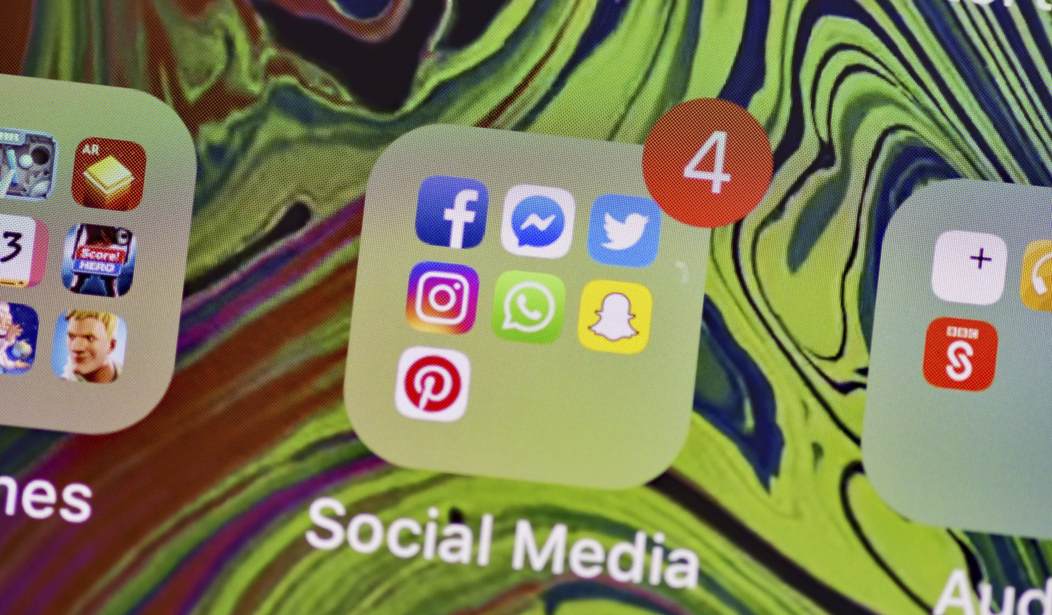

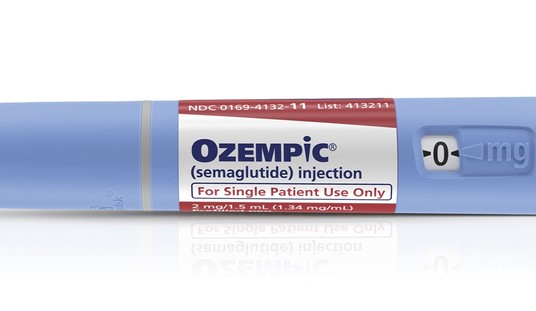
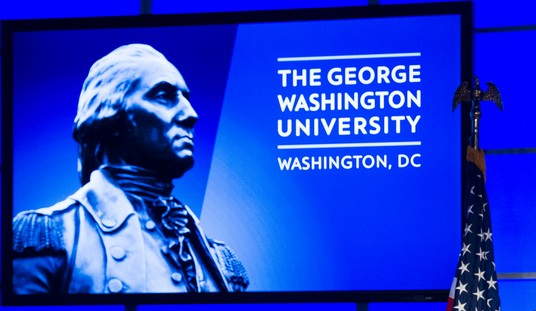

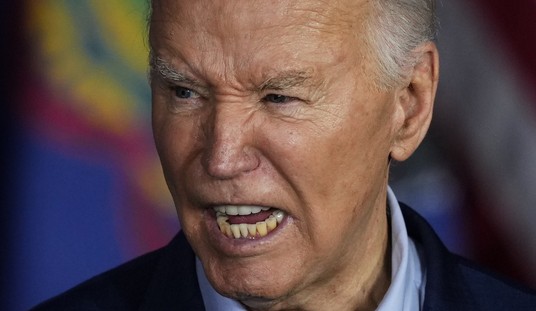
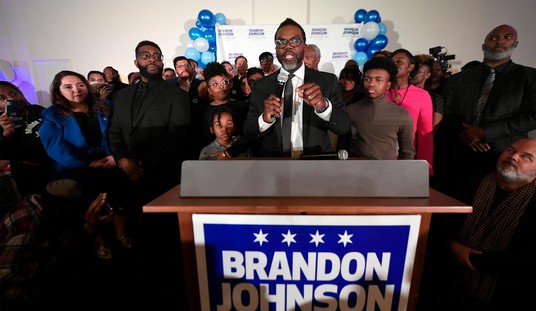
Join the conversation as a VIP Member